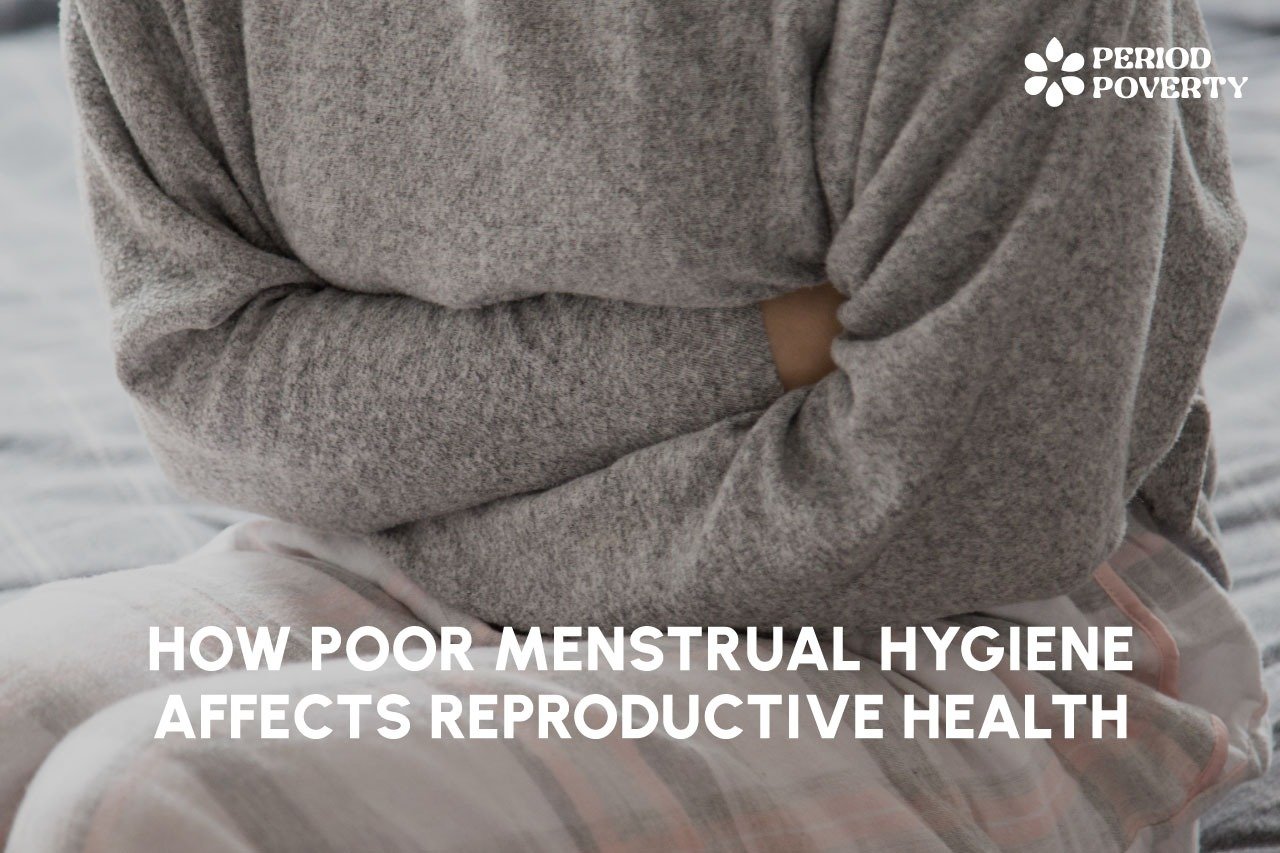Menopause is a significant life transition that every woman experiences, and embracing a holistic approach to managing this natural process can empower women to navigate it with grace and minimal discomfort. Rather than relying solely on conventional medicine, a holistic approach takes into account the physical, emotional, and spiritual aspects of a woman’s well-being. By combining natural remedies, lifestyle adjustments, and complementary therapies, women can effectively address menopause symptoms and improve their overall quality of life. In this blog, we will explore seven natural menopause treatments that have been proven to work, providing women with safe and effective alternatives. Additionally, we will discuss the latest advancements in menopause treatments, including both natural and conventional options, to provide a comprehensive understanding of the available choices. Furthermore, we will delve into holistic approaches to manage common symptoms associated with menopause, such as depression, weight gain, and night sweats.
Natural Menopause Treatments That Really Work
Herbal Remedies:
- Herbal remedies have been used for centuries to alleviate menopause symptoms. Two popular herbal remedies include black cohosh and red clover. Black cohosh, known for its estrogen-like properties, can help relieve hot flashes, night sweats, and mood swings. Red clover contains compounds that mimic estrogen, offering relief from hot flashes and promoting overall hormonal balance. It’s important to consult with a healthcare professional before incorporating herbal remedies into your menopause management plan.
Dietary Changes and Menopause-Friendly Foods:
- Making dietary changes can have a significant impact on managing menopause symptoms. Including foods rich in phytoestrogens, such as soy products, flaxseeds, and legumes, can help balance hormone levels and reduce hot flashes. Additionally, increasing the intake of calcium-rich foods like leafy greens and dairy products can support bone health during menopause. Limiting caffeine, alcohol, and spicy foods may also help manage hot flashes and night sweats.
Exercise and Physical Activity:
- Regular exercise and physical activity are essential components of managing menopause symptoms. Engaging in activities like walking, jogging, swimming, or yoga can help reduce the frequency and intensity of hot flashes, boost mood, improve sleep, and promote overall well-being. Aim for at least 30 minutes of moderate-intensity exercise most days of the week and consider incorporating strength training exercises to support bone health.
Stress Management Techniques:
- Menopause can often be accompanied by increased stress levels, which can exacerbate symptoms. Incorporating stress management techniques, such as deep breathing exercises, meditation, and mindfulness practices, can help alleviate anxiety, irritability, and mood swings. Engaging in activities that promote relaxation, such as taking warm baths, practicing yoga or tai chi, or engaging in hobbies, can also contribute to overall well-being during this transitional phase.
Quality Sleep:
- Sleep disturbances are common during menopause, but establishing healthy sleep habits can make a significant difference. Create a relaxing bedtime routine, ensure a comfortable sleep environment, and practice good sleep hygiene. Avoiding caffeine and electronic devices before bed, maintaining a consistent sleep schedule, and creating a calm and dark sleep environment can help improve the quality of sleep and reduce symptoms like night sweats.
Mind-Body Techniques:
- Various mind-body techniques, such as acupuncture, acupressure, and biofeedback, have shown promise in managing menopause symptoms. Acupuncture, in particular, has been found to reduce hot flashes and improve sleep quality. These techniques work by promoting the body’s natural healing mechanisms, restoring balance, and alleviating specific symptoms associated with menopause.
Supportive Therapies:
- Consider seeking support from therapists or support groups specializing in menopause. Counseling or therapy can provide a safe space to express and process emotions related to this life transition. Additionally, joining support groups allows women to connect with others going through similar experiences, share insights, and receive encouragement.
Remember, while these natural treatments can be effective, it’s important to consult with your healthcare provider before making any significant changes to your routine. They can provide personalized advice and help you determine the best course of action based on your individual needs and medical history. Embracing these natural menopause treatments alongside a holistic approach can help you manage symptoms and navigate this transformative phase with greater ease and well-being.
Holistic Approaches to Managing Specific Symptoms
How to Deal with Menopause Depression Holistically:
- Menopause can bring about hormonal changes that may contribute to feelings of depression and mood swings. Holistic approaches can complement traditional therapies in managing menopause-related depression. Regular exercise, such as aerobic activities or yoga, releases endorphins and improves mood. Eating a well-balanced diet that includes foods rich in omega-3 fatty acids, such as fatty fish and walnuts, can support brain health and reduce depressive symptoms. Additionally, engaging in stress reduction techniques like mindfulness, meditation, and relaxation exercises can promote emotional well-being during this transitional phase.
Addressing Mood Swings and Finding Natural Remedies for Perimenopause Mood Swings:
- Mood swings are a common symptom experienced during perimenopause, the phase leading up to menopause. Holistic approaches can help alleviate these mood swings. Incorporating regular exercise can improve mood and reduce stress. Herbal remedies like St. John’s wort, which has been traditionally used for mood disorders, may provide relief, although it’s important to consult with a healthcare professional before use. Additionally, adopting stress management techniques, such as deep breathing exercises, journaling, or engaging in hobbies, can support emotional balance.
Understanding Menopause Weight Gain and Exploring Natural Remedies for Weight Management:
- Weight gain is a common concern during menopause due to hormonal changes and a slower metabolism. Holistic approaches can help manage weight during this phase. A well-balanced diet that includes plenty of fruits, vegetables, whole grains, and lean proteins can support weight management. Incorporating regular physical activity, such as cardio exercises and strength training, can help maintain muscle mass and boost metabolism. Additionally, practicing portion control, mindful eating, and avoiding processed foods and sugary snacks can contribute to maintaining a healthy weight.
Natural Remedies for Night Sweats Without Hormones and Improving Sleep Hygiene:
- Night sweats and disrupted sleep are frequent menopause symptoms. Holistic approaches can aid in managing these symptoms. Dressing in lightweight, breathable fabrics and using moisture-wicking bedding can help regulate body temperature and reduce night sweats. Adjusting the bedroom temperature and using a fan or air conditioning can also provide relief. Practicing good sleep hygiene, including maintaining a consistent sleep schedule, creating a relaxing bedtime routine, and avoiding caffeine and electronic devices before bed, can improve sleep quality and reduce night sweats.
The Role of Mindfulness, Meditation, and Relaxation Techniques in Managing Menopause Symptoms:
- Mindfulness, meditation, and relaxation techniques are valuable tools for managing various menopause symptoms. These practices help reduce stress, promote emotional well-being, and improve overall resilience. Engaging in mindfulness exercises, such as mindful breathing or body scans, can bring awareness to the present moment and alleviate anxiety. Meditation practices, such as focused attention or loving-kindness meditation, can enhance relaxation and promote a sense of calm. Incorporating relaxation techniques, such as progressive muscle relaxation or guided imagery, can further reduce stress levels and contribute to a more balanced menopause experience.
By adopting holistic approaches to managing specific menopause symptoms, women can find natural remedies and techniques that work synergistically to promote their overall well-being. These approaches complement traditional therapies and empower women to take an active role in their menopause journey. It is important to consult with healthcare professionals for personalized advice and guidance, especially if experiencing severe symptoms or considering the use of herbal remedies.
Integrating Holistic and Conventional Medicine
Embracing a multidimensional approach to menopause management is essential for optimal results. While holistic approaches offer natural remedies and lifestyle adjustments, conventional medicine can provide additional support. Integrating both approaches allows women to address menopause symptoms from multiple angles, taking advantage of the latest advancements in menopause treatments.
The field of menopause management continues to evolve, with ongoing research and developments in conventional treatments. Hormone replacement therapy (HRT), for example, remains a widely used approach to alleviate menopause symptoms, especially severe hot flashes and vaginal dryness. However, it’s important to note that HRT may not be suitable for everyone, and individual factors should be considered when deciding on the best course of action.
Integrating conventional treatments with holistic approaches can be a comprehensive and personalized approach to menopause management. Holistic practices can provide natural remedies for symptom relief, improve overall well-being, and promote self-care. These may include herbal supplements, dietary modifications, mindfulness techniques, and physical activity. By combining these approaches, women can customize their menopause management plan to suit their specific needs and preferences.
Seeking guidance from healthcare professionals experienced in holistic menopause care is crucial for effective integration. A healthcare provider knowledgeable in both conventional and holistic approaches can help women navigate the various treatment options, address concerns, and provide evidence-based recommendations. They can assess individual health factors, consider any pre-existing conditions, and provide guidance on potential interactions between conventional medications and holistic remedies.
Empowering women to make informed decisions about their menopause journey is key. It is important to gather information from reliable sources, engage in open discussions with healthcare providers, and actively participate in treatment decisions. By taking an active role in their menopause management, women can advocate for their own well-being and ensure that their unique needs and preferences are taken into account.
Integrating holistic and conventional medicine provides a well-rounded approach to menopause management, acknowledging the importance of individualized care and promoting overall well-being. By embracing this integrated approach, women can navigate their menopause journey with confidence, taking advantage of the latest advancements in menopause treatments while incorporating natural remedies and lifestyle adjustments to optimize their overall health and quality of life.
In conclusion, embracing a holistic approach to managing menopause empowers women to prioritize their well-being and find personalized solutions for their unique symptoms. Through the utilization of natural menopause treatments, such as herbal remedies and dietary changes, women can address specific concerns like depression, mood swings, weight gain, and night sweats. By combining these natural remedies with the latest advancements in menopause treatments and integrating holistic and conventional medicine, women can achieve optimal results. Seeking guidance from healthcare professionals experienced in holistic care is vital in making informed decisions and tailoring treatment plans to individual needs. Let us embark on this holistic journey together, discovering the power of natural remedies and holistic therapies in managing menopause symptoms effectively and naturally.






